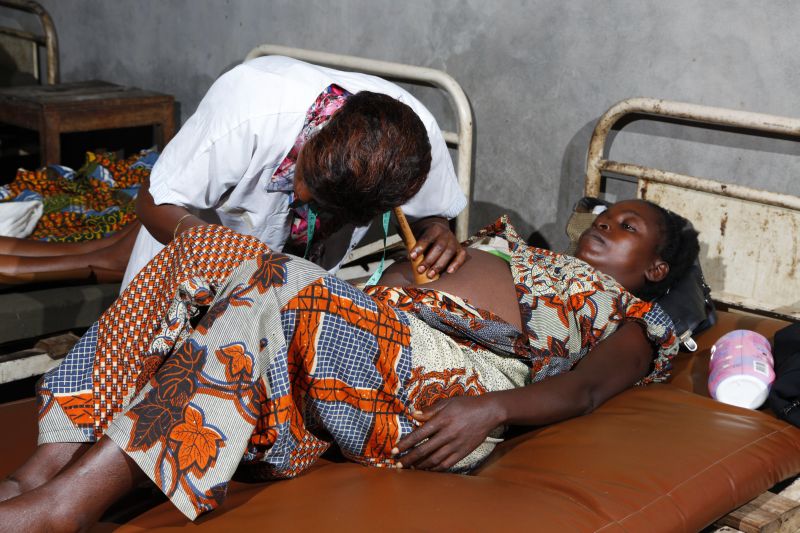Inequality
How addictive behaviours are linked to inequality

Wilkinson and Pickett point out that human beings can deal with one another in fundamentally different ways: cooperation or competition. As everyone knows from personal experience, successful cooperation generally boosts participants’ mental health, whereas unrelenting competition leads to feelings of stress and unease.
Relying on data from Britain, the USA and other advanced nations, the authors show that levels of anxiety tend to increase as social gaps become wider. The reason is that, as people worry about their social status, self-doubt becomes ever more common. People think that they should be in control of their fate, but often face huge hurdles they struggle to overcome. Feelings of being inadequate or inefficient undermine their ability to share experiences without fear and to join forces in a sense of cooperation with others. The more unequal a society is, the less likely civic engagement becomes, while feelings of loneliness increase. Typical consequences include clinical depression and suicide.
As Wilkinson and Pickett elaborate, people find it easy to interact with others and trust others who they perceive to be their equals. Inequality, by contrast, means that evermore attention is paid to impressing others, for example by wearing fancy clothes or driving expensive cars. Such conspicuous consumption requires a lot of money, so financial concerns compound career pressures. Even people who are highly successful in their profession suffer considerable stress.
According to the book, it is therefore unsurprising that the abuse of alcohol and drugs tends to increase the more pronounced social inequality is in any given society. The same is true of excessive gambling and other addictive behaviours.
While widespread anxiety is typical of unequal societies, narcissistic delusions of personal grandeur are also common. Wilkinson and Pickett warn that it is often mistaken for healthy self-confidence, even though the people afflicted have no empathy and lack sane judgement. They are excessively self-centred. As the two professors from the University of York point out, today’s leaders in business and politics are prone to promising spectacular results but often fail to deliver. The reason is that narcissistic visions tend to be unrealistic and related strategies are normally not well considered.
The book does an excellent job of spelling out why inequality does not simply reflect people’s personal merit. The authors consider the idea of meritocracy a misconception because social status is inherited to a considerable extent, with a person’s opportunities depending on his or her parents’ wealth and education (see Cema Tork in D+C/E+Z e-Paper 2019/05, Focus section). As Wilkinson and Pickett elaborate, people thrive when they feel supported by strong networks of relatives, neighbours, colleagues and friends. Focusing on individual ambitions and achievements, by contrast, isolates people. Mental health thus benefits from strong communities, which are more likely in more equal societies.
The hypothesis spelled out in “The inner level” are plausible, and they are supported by solid statistical evidence. The weak point of the book is that it hardly considers developing countries and emerging markets. Its message is nonetheless applicable to those societies too. After all, it is well-known that community ties tend to be eroding in many countries and that growing inequality goes along with individualisation all over the world.
The final chapters of the book deal with what can be done to improve matters. They back off from psychological issues, focusing instead on economics and assessing policy options for improving social inclusion and social protection. Wilkinson and Pickett stress, moreover, that more equal societies are also more likely to make the transition to environmental sustainability. After all, they reduce the appeal of conspicuous consumption and allow people to focus on the common good rather than only their personal fortune.
Book
Richard Wilkinson and Kate Pickett, 2018: The inner level. How more equal societies reduce stress, restore sanity and improve everyone’s well-being. London: Allen Lane.










